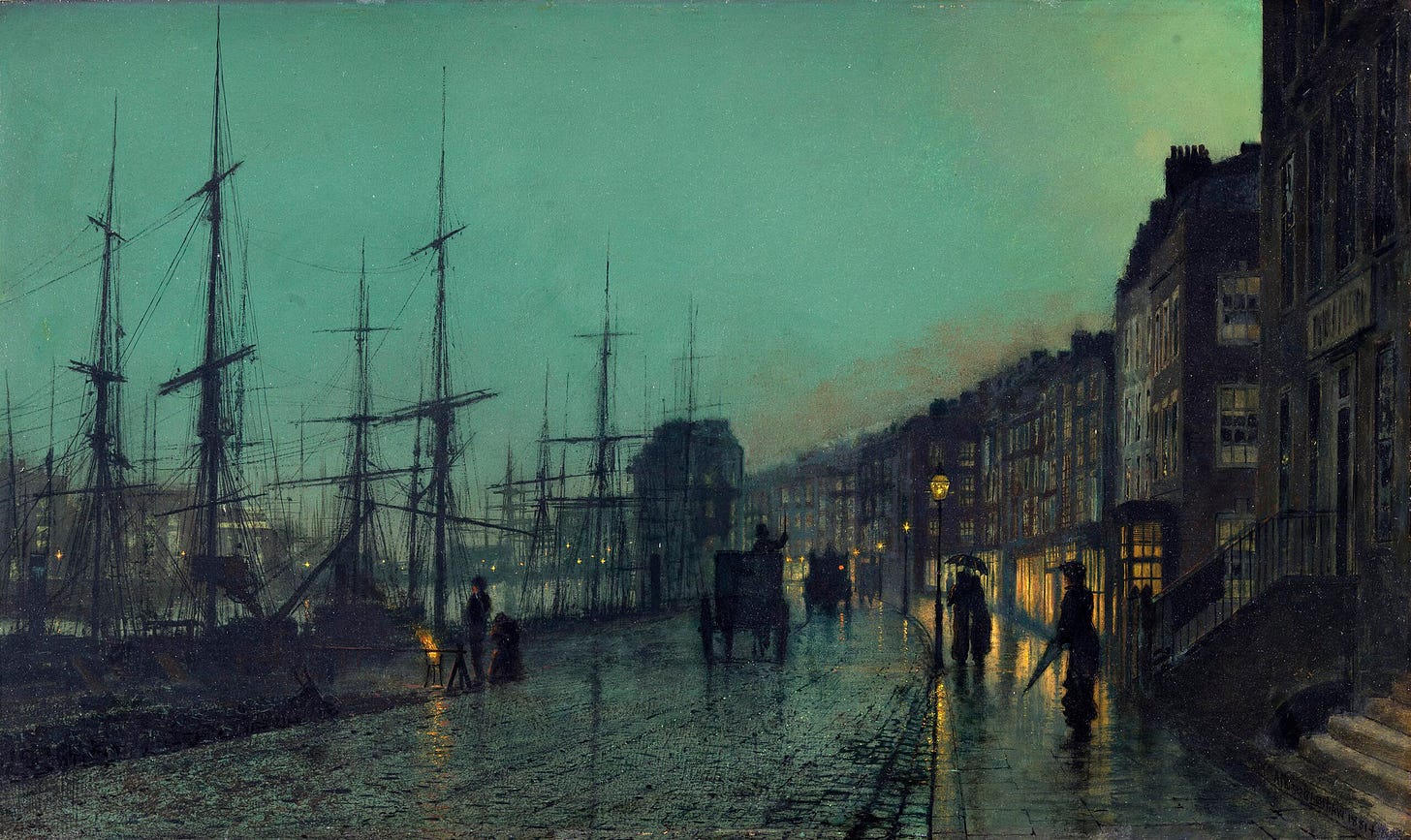Fighting in the Clyde
A strike by seamen led to bad temper by two unions - and the involvement of a Scottish private detective...
In March 1900, a case was heard in Scotland regarding union agitation in the Clyde. James Scott, superintendent of the Shipping Federation, brought an action against Middlesbrough MP Joseph Havelock Wilson, who was also president of the Sailors' and Firemen's Union (NASFU). Scott wanted £1000 from Wilson, arguing that Wilson had come to Glasgow in October 1898 to raise an 'agitation' among the Clyde's seamen, who were on strike.
The NASFU had been highly successful in the 1880s, but by 1890, it faced increasing resistance from shipowners, who formed their own Shipping Federation to prevent strikes. Their tactics included strike-breaking and other activities designed to prevent the NASFU’s own actions.
Wilson had, allegedly, wanted to create friction between ship's crews and get them 'against' the Shipping Federation. Wilson also arranged for circulars and placards to be printed, making malicious comments about Scott. Wilson argued that he made honest statements to shipowners who wanted to know why Glaswegian seamen were 'unhappy', but denied having anything to do with the circulars.
Shipping on the Clyde, by John Atkinson Grimshaw
Hugh Campbell was, by trade, a cooper. In November 1898, he joined the Shipping Federation. Wilson one day handed him a circular about Scott, and he later saw one of his colleagues, James Henson, handing out more circulars in James Watt Street. Henson was a former secretary of the Glasgow branch of the NASFU.
Campbell was friends with Scott, and did not believe the charges made against his friend. In court, he stood up along with others to make clear that Wilson had had a vendetta against Scott, and wanted him dismissed from the federation.
Wilson should not have trusted Campbell, for he was not all he seemed. Before starting his career as a cooper, he had been a police officer, but left, under something of a cloud, in 1897 - he did not want to tell the court why. But he had learned valuable detecting skills, and on joining the federation, they secretly got him to act as their private detective, as well as offering 'protection' to men when they went to ships.
Campbell's role in this strike, and the subsequent court case, sheds light on the many different roles and cases a private detective could take on - and even when they were ostensibly working in different fields, they could continue to take on part-time undercover work as and when needed.


